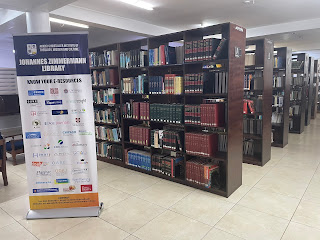In the last few months prices in South Sudan have increased dramatically. One of the big reasons for the inflation is because the currency, the South Sudanese Pound (SSP), is declining rapidly. Oil, the primary export, has decreased production because a rupture in the pipeline cannot be repaired while there is active war in Sudan. Nearly all food is imported from outside of South Sudan, so US dollars are used in the purchase and import of goods and fuel from other countries. Therefore, as the currency declines, local prices go up accordingly. It is a complex mix of factors that most people cannot do anything about.
We have one friend who teaches in a private secondary school. He is paid 150,000 SSP per month by the school. In January of this year, that was worth about $150. Now it is worth less than $40. Even in January, that was barely enough to buy food for his family, and he worked other jobs to supplement. Because of the struggle to make ends meet, he sent his wife and kids to Uganda where living expenses were cheaper. Now, with the currency decline, he has almost nothing to send them.
Prices for food and goods have increased dramatically in the
local currency because of the exchange rate. One liter of fuel cost about 1200
SSP in January, and now costs about 4500 SSP.
One kilo of beans was 5,000 SSP a few months ago and now is 15,000 SSP. Another
friend sells charcoal and basic food items at a stand in the market. She
lamented the high price of cooking oil now, and fears that her customers will
not be able to pay the increased price. One shop-owner selling grocery items
said he estimates that his sales have fallen by half in the last couple of
months because people are cutting back on the meals they eat – some going from
two meals a day down to one.
The small-scale entrepreneurs are affected the most because
their prices do not increase at the same rate. The price for a cup of tea on
the street or a bag of peanuts has not increased at the same rate as imported
goods. This means that the profit margin of the sellers decreases, and the
profit they earn does not buy as much as it used to. Last week I stopped to see
our friend Mary in her tea-shop. Usually her place has several customers, but that
day it was empty. When I commented that it seemed unusually quiet, she said “Because
people don’t have money. They stop drinking tea when there is no money.”
A few years ago, South Sudan introduced a new one thousand
SSP note. It was a larger bill than the others with more color and added
security features. At the time it came out, it was worth nearly $5. Now it is
worth about 25 cents. The one thousand note bill is still the largest bill in
South Sudan. I realized that we can no longer carry the money to go out for
dinner in a pocket, and we hope that this devaluation does not continue at this terrifying pace.
Please join us in praying that God hears the cries of his people here –
for an end to war in Sudan, for peace and provision for people in South Sudan.














.jpg)